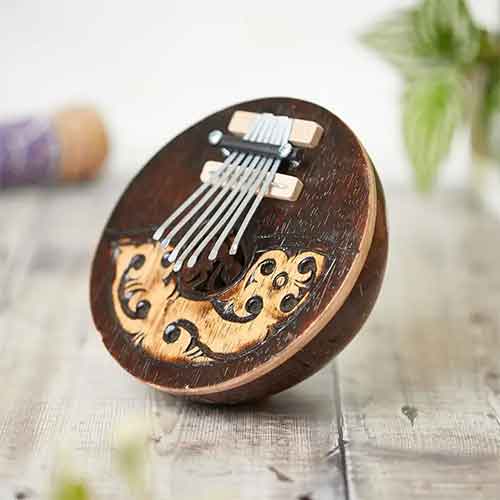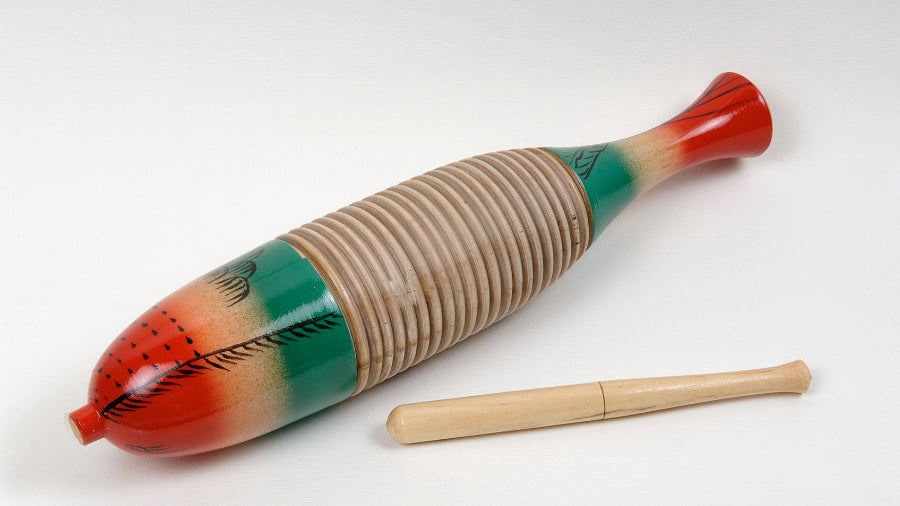Parenting can mean several different things to different people. For some, parenting represents a coming of age. For others, it’s a new chapter in their lives and for others, it’s a conscious decision to bring life into the world. It’s something that has no equivalent and for those who have children, will be a life-defining moment. However, a question that is rarely answered in a clear and literal way is ‘what does it mean to be a parent?’ Well, we want to take a crack at it. So without further delay, here is a clear and concise guide to what it means to be a parent.
What is a Parent?
For many, a parent is a biological representative for a child. However, this is not necessarily the case as those who go through adoption are just as many parents as any biological mothers or fathers. A parent is anyone who is a legal guardian for a child. A parent is someone that cares for a child from a certain point in their younger years up until their adult years. A parent is someone who financially provides for a young child and a parent is someone that guides and teaches a young child how to navigate life’s many trials and tribulations.
What are the Legal Responsibilities of Being a Parent?
While a parent is morally responsible for a number of things. There are a handful of legal requirements that are completely non-negotiable when it comes to raising a child. Here is a list of the things that are legally obligated as a parent:
- A parent must give the child a home
- The parent must protect and maintain the child.
- The parent must discipline their child
- The parent must be responsible for the child’s primary and secondary education
- The parent must attend to the child’s medical needs
- The parent must name their child.
- The parent must protect and maintain the child’s property.
What Does it Take to Be a Parent?
While the above responsibilities are what is legally required of a parent, these aspects alone will not make you a successful parent. To be a great parent, you need to have a set of skills and traits to truly be the best guardian and teacher for your child. Here is a list of characteristics that great parents exude:
- A great parent will have respect for their child’s beliefs and opinions.
- A great parent will show patience when their child is being difficult and will also
- A great parent upholds a set of moral values and teaches these values to their child.
- A great parent is consistent regardless of the situation.
- A great parent will approach all situations from a place of love
- A great parent is able to adapt to stressful situations and improvise if needed.
- A great parent is always available and willing to talk to their child about all topics.
- A great parent recognises that they must take time for themselves to make sure they are able to care for their child
5 Parenting Styles (Explained)
People from all over the world raise their children differently and whilst there are parenting methods that others do not approve of, with the exception of the law there is not a wrong way to parent your child and it will most likely be a method unique to you. Your parenting style may have been shaped by how your parent or carer raised you but it is also adjusted by your personal life experiences.
The way that we were brought up is a powerful factor and as we turn into adults and raise our own children we could raise them exactly how we were raised or the complete opposite. This is how we try to always be a better parent than our own. Whilst we may all have our own parenting method, most of the time there is a specific style in parenting and these are not the rules that we set out but the overall category of our parenting. Let’s explore all five parenting styles and how they can be beneficial and not.
1. Balanced
Just as it sounds, the balanced parenting style is where you are usually in the middle between independence and being together as a family. Not overly strict but not a pushover either, you are fair. You support your child’s emotional well being but are not overly protective and allow your child to make mistakes so that they can learn from them. The balanced style is characterised by well rounded nurturing parents who are supportive, consistent and fair.
2. Uninvolved

The uninvolved parent relies on the child to have a high level of independence. There is usually a lack of connection between the parent and child. This style is characterised by a low emotional parent who also has a low level of responsiveness. The rules are open for discussion and are rarely enforced. In terms of pros and cons, the only clear benefit is to the adult who has free time to do what they would like. As for the child they often perform poorly in every area of their life in all developments from cognitive, behavioural, attachment, social and emotional.
3. Permissive
Permissive parenting translates as a parent who does not like to punish their child. The parent and child are very close and usually if the child doesn’t want something it is the parent that will compromise to keep the child happy at all times. This high flexibility is easy for the child but difficult for the parent to maintain. Permissive parenting acts more as a friendship than a parent. This type of parent is overly protective, highly responsive and won’t ask their children to do many things.
4. Strict
Strict parenting involves a low level of closeness between parent and child and has a low level of flexibility. The rules are the rules and you don’t break them, if you do you will be punished. It is categorised by a low emotional connection, restricted freedom to experiment, and strictly enforced rules. This style will teach your children to be obedient, highly focussed, will help them to respect an authority figure but will also limit their creativity. Studies also suggest that the strict style produces children who have a low self esteem and behave worse than other children in the same age group.
5. Overbearing

The overbearing parenting style is similar to the permissive style in the fact that both parent and child are very close. This type of parent is also extremely overprotective. The main difference is that the overbearing parent will enforce a strict set of rules with firm discipline should the child misbehave. The main issue with this style is that the more fears a parent has, the more fears the child will develop. If the parent worries about their child failing, being rejected, and tries to protect them from ever feeling upset this will only do more harm when it does eventually happen.
The parenting style that I grew up with was nothing like mentioned here, in fact, my grandparents raised me in a way that felt similar to all of the different styles. At times they were uninvolved which improved my independence, at times we were very close, and the majority of the time they were rather strict.
If I had to categorise them into one parenting style I would say that they were balanced and that was fine for me. In psychology counsellors divide these parenting styles into 3 main styles, these are strict, permissive, and authoritative. If you are looking for tips and advice related to your parenting remember that nothing is set in stone and you can adjust your parenting style to suit you and your child. The parenting styles above are a guide only.












